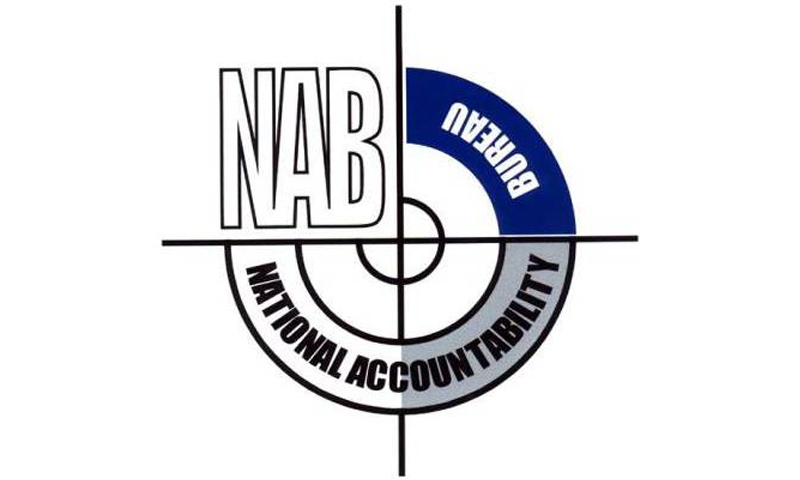KARACHI: A well-known international humanitarian organisation on Thursday urged the Pakistan Tehreek-i-Insaf (PTI) government to “stop using the National Accountability Bureau (NAB) to detain its critics” and said the country’s parliament should carry out reforms to make the anti-graft body independent.
In a media statement, the Human Rights Watch (HRW) said the authorities should investigate and prosecute the NAB officials responsible for unlawful arrests and other abuses.
The statement issued by the HRW’s director for Asia, Brad Adams, said: “Pakistani authorities should stop using a dictatorship-era body, possessing draconian and arbitrary powers, to intimidate and harass opponents.”
The HRW pointed out that on July 20 the Supreme Court in its 87-page decision in the case involving bail applications of two Pakistan Muslim League-Nawaz leaders — Khawaja Saad Rafique and Khawaja Salman Rafique — “ruled that NAB had violated the rights to fair trial and due process in the arrest of (the) two opposition politicians… whom the NAB detained for 15 months without reasonable grounds”.
Calls for reforms to make anti-graft body independent
The court granted the men bail and criticised NAB for showing “utter disregard to the law, fair play, equity and propriety”, ruling that the “case was a classic example of trampling of fundamental rights [and] unlawful deprivation of freedom”, said the HRW.
“The Pakistani Supreme Court judgement is just the latest indictment of the NAB’s unlawful behaviour,” it said.
The apex court cited a February report by the European Commission that criticised NAB for bias, noting that “very few cases of the ruling party ministers and politicians have been pursued since the 2018 elections, which is considered to be a reflection of NAB’s partiality”.
The New York-based organisation said the Supreme Court Bar Association and the Pakistan Bar Council, the top elected bodies of lawyers in the country, welcomed the apex court’s decision and criticised NAB as “a tool for arm-twisting of political opponents”.
In February, both bodies said they “strongly con-demn” the summons issued to an opposition leader, Bilawal Bhutto-Zardari, calling it an “act of political victimisation”.
In March, the chief justice of the Islamabad High Court ruled that NAB had made arbitrary use of its arrest powers, said the HRW.
Turning to the detention of owner of daily Jang and Geo TV, the HRW statement pointed out that Mir Shakil-ur-Rehman was held on March 12 on “charges relating to a 34-year-old property transaction. He has remained in the agency’s custody ever since.
“In another example of harassment, the NAB court summoned the former president and opposition leader Asif Ali Zardari to appear in person to record a statement, denying his request to record a statement through a video link because of his ill-health and Covid-19.”
The HRW also recalled that a professor at the University of Sargodha, Mian Javed Ahmed, actually died in NAB custody in late 2018. “Dr Mujahid Kamran, the former vice-chancellor of the Punjab University, who was arrested by the NAB on allegations of illegal appointments at the university, described NAB detention centers as ‘torture cells’.”
The HRW statement concluded by urging the PTI government to take corrective measures. “Pakistani authorities should uphold the government’s human rights obligations. Pakistan’s parliament should amend or repeal the NAB ordinance to ensure that the principles of fair trial, due process, and transparency are not compromised on the pretext of accountability.”
Published in Dawn, August 7th, 2020













































